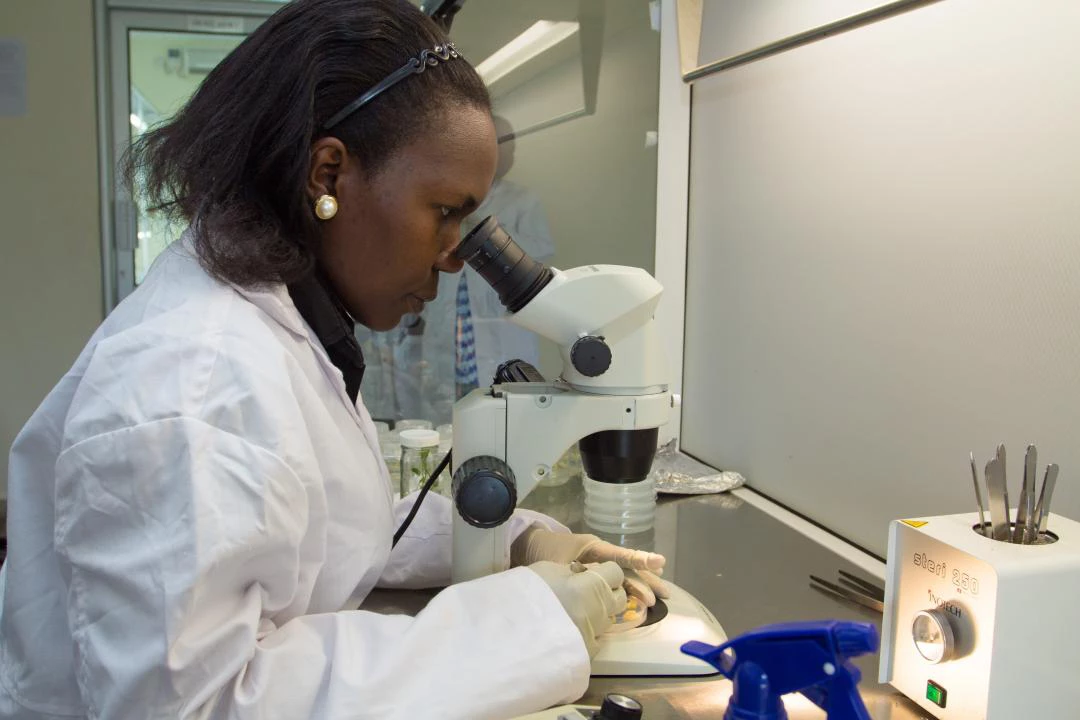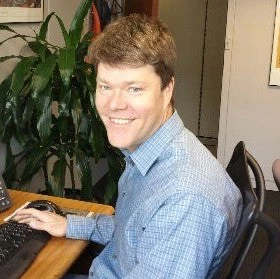
Let’s take three examples:
In the extractives sector, who can form local supplier companies and add value through processing to the minerals, oil and gas? It has to be creative entrepreneurial, highly-trained African engineers. A 2011 study from the Making the Most of Commodities Programme (MMCP) shows that lack of sufficient skills is the key constraint to expanding the role of local suppliers in Africa’s extractive industries. We need to train more high quality engineers with relevant entrepreneurial skills.
Ebola is another example of how well-trained health and science professionals, availability of high level diagnosis labs, and well-functioning systems within some countries have contributed to quickly containing the epidemic in those countries. In Nigeria, for example, at the Center of Excellence at Redeemers University in Ogun state, researchers were able to confirm the first case of Ebola in Nigeria within 6 hours, thereby allowing a crucial rapid containment of the virus in the country.
Health has been a key focus in the World Bank’s development support to Sub Saharan Africa for the past 15 years, and perhaps this is the only sector, where there has been great progress in training doctors, nurses, researchers and others. But evidently, more skilled health workers, including doctors and medical researchers, are required for Africa to diagnose, contain and cure.
Africa’s power sector is expected to receive billions of dollars in investments over the coming years. But who will build and maintain the generation plants and distribution networks? African engineers and scientists have to be trained now and trained in areas specific to Africa’s development.
The critical first step is to improve training capacity through the creation of thousands of high caliber faculty. Next, governments and their international partners must increase funding to research and research-based education at the Master’s and Doctoral levels, with a strong focus on STEM. We must ensure that girls are receiving more STEM degrees and excelling in the focus areas. Finally, we must build more partnerships and knowledge-sharing initiatives to drive the STEM agenda.
A report from The World Bank Group and Elsevier, “A Decade of Development of in Sub-Saharan Africa: Science, Technology, Engineering, and Math Research,” to be launched on September 30th, sheds light on the quality and capacity of Africa’s current higher education system. The report examines research indicators over a decade from 2003 to 2012 for three different sub-regions in Sub Saharan Africa and outlines how research is a key indicator of a country’s ability to produce a high-quality, world-class science, technology, engineering and math workforce.
Clearly, Africa is rising. The continent’s share of global research increased from 0.44% to 0.72% between 2003 and 2012. However, Africa still accounts for less than 1% of the world’s research output, which remains a far cry from its share of the global population at 12%. We need to make bold investments in building capacity in Africa to apply and adapt knowledge to problems on the continent. Otherwise, there will be fewer locally-recruited jobs and not enough value addition in Africa.
Join us for a live discussion on STEM research in Africa:
A Decade of Development:
Science, Technology, Engineering and Math (STEM) Research in Sub-Saharan Africa
Tuesday, September 30, 2014
10:30 a.m. to 12 noon ET
http://live.worldbank.org/stem-research-sub-saharan-africa
Follow on Twitter: #Science4Dev | #wblive


Join the Conversation